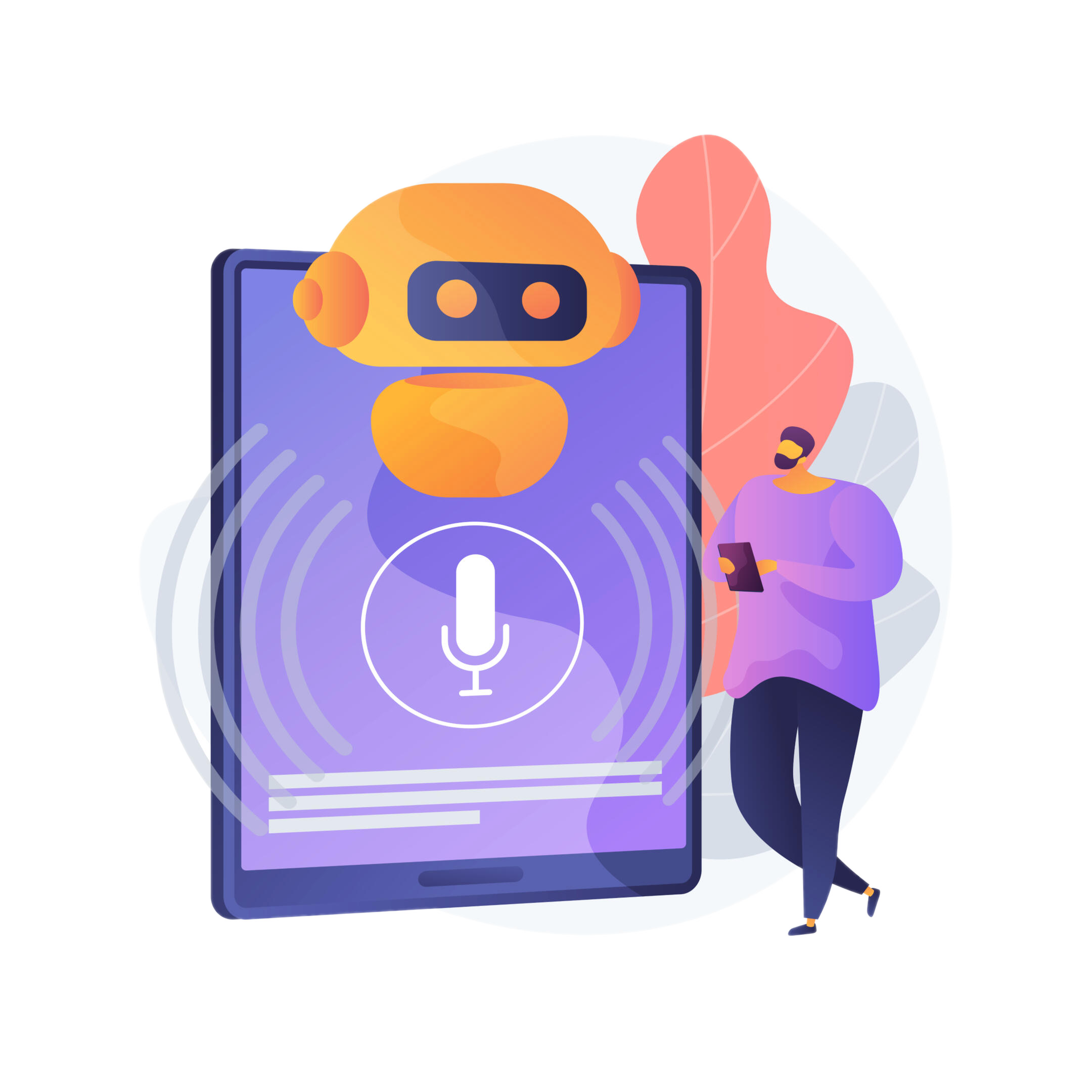Text-to-Speech Technology for Podcasts and Audiobooks
The evolving landscape of digital content has witnessed a transformative ally in text-to-speech technology for podcasts and audiobooks. With the surge of podcast listeners and audiobook aficionados, creators and publishers are increasingly turning to text-to-speech solutions to augment their production processes and engage their audiences. This articulation not only enhances accessibility but also emboldens creators with opportunities to innovate in content dissemination.
A New Era of Audio Content Creation
In the realm of content creation, timeliness and consistency are paramount. Text-to-speech technology for podcasts and audiobooks enables creators to maintain a steady flow of content, which is crucial for building and sustaining an audience. An emergent podcaster can now convert written blogs or interviews into audio format swiftly, sidestepping the lengthy recording processes traditionally associated with audio content. Audiobook producers leverage text-to-speech to turn novels, guides, and educational materials into engaging audio experiences with a mere click.
The proficiency of modern text-to-speech engines in replicating human-like intonation and emotion has markedly improved, rendering the listening experience natural and enjoyable. The implementation of AI and neural networks has allowed for voices that adapt to context, imbuing character and depth to the spoken word. Publishers no longer view text-to-speech as a robotic-sounding last resort, but as a viable conduit for creating rich, dynamic audio content.
Expanding Reach and Accessibility
Text-to-speech technology for podcasts and audiobooks vitally intersects with accessibility, ensuring content is available to all, including those with visual impairments or reading difficulties. This technology dismantles barriers, allowing content creators and educators to transmit knowledge and entertainment to a wider audience. Audiobooks created through text-to-speech technologies can be offered alongside their printed counterparts, delivering multi-modality content consumption options.
Additionally, language is no longer a constraint. With multilingual text-to-speech capabilities, creators can produce content in various languages from a single text source, broadening their audience base to non-native speakers or learners of different languages. Embracing text-to-speech technology, creators facilitate a more inclusive community and foster a more globally aware listener base.
Text-to-Speech Technology for Podcasts and Audiobooks: Tools and Tips
Selecting the right text-to-speech tool is crucial in generating quality audio content. Creators should consider the naturalness of the synthesized voice, language options available, and the customizability provided by the tool. Software such as Speechify and Amazon Polly exemplifies advanced platforms that offer lifelike voices across a spectrum of languages and dialects.
To achieve the best results, content creators must fine-tune the text input for pronunciation accuracy and emotive delivery. By applying subtle adjustments to pitch, speed, and inflection, a text-to-speech output can be tailored to convey the desired atmosphere and intensity. Pro tip: creators should listen back to segments to ensure that the synthesized voice maintains the narrative's intended cadence and sentiment.
In conclusion, text-to-speech technology for podcasts and audiobooks has revealed itself to be an instrumental force in the content creation industry. This technology brings versatility, efficiency, and a touch of ingenuity to the realm of audio content. As this tool continues to evolve with AI advancements, the future looks bright for podcasters and audiobook producers who are ready to embrace these intelligent solutions. The continuous improvement in the quality and authenticity of synthesized speech forecasts an era where the lines between human and machine-generated narration are increasingly blurred, and the focus shifts to content quality and storytelling mastery.
Creators seeking convenient ways to engage with this versatile tool might consider Voice Control for ChatGPT with Mia AI assistant. This browser extension not only provides direct conversation capabilities but also integrates seamlessly to transform text into spoken word, facilitating the creation and enjoyment of podcasts and audiobooks for a dynamic and varied audience.
Subscribe to our newsletter
Subscribe to our newsletter for tips, exciting benefits, and product updates from the team behind Voice Control!
Other projects from the team

Talkio AI
The ultimate language training app that uses AI technology to help you improve your oral language skills.

TalkaType
Simple, Secure Web Dictation. TalkaType brings the convenience of voice-to-text technology directly to your browser, allowing you to input text on any website using just your voice.

Voice Control for Gemini
Expand the voice features of Google Gemini with read aloud and keyboard shortcuts for the built-in voice recognition.